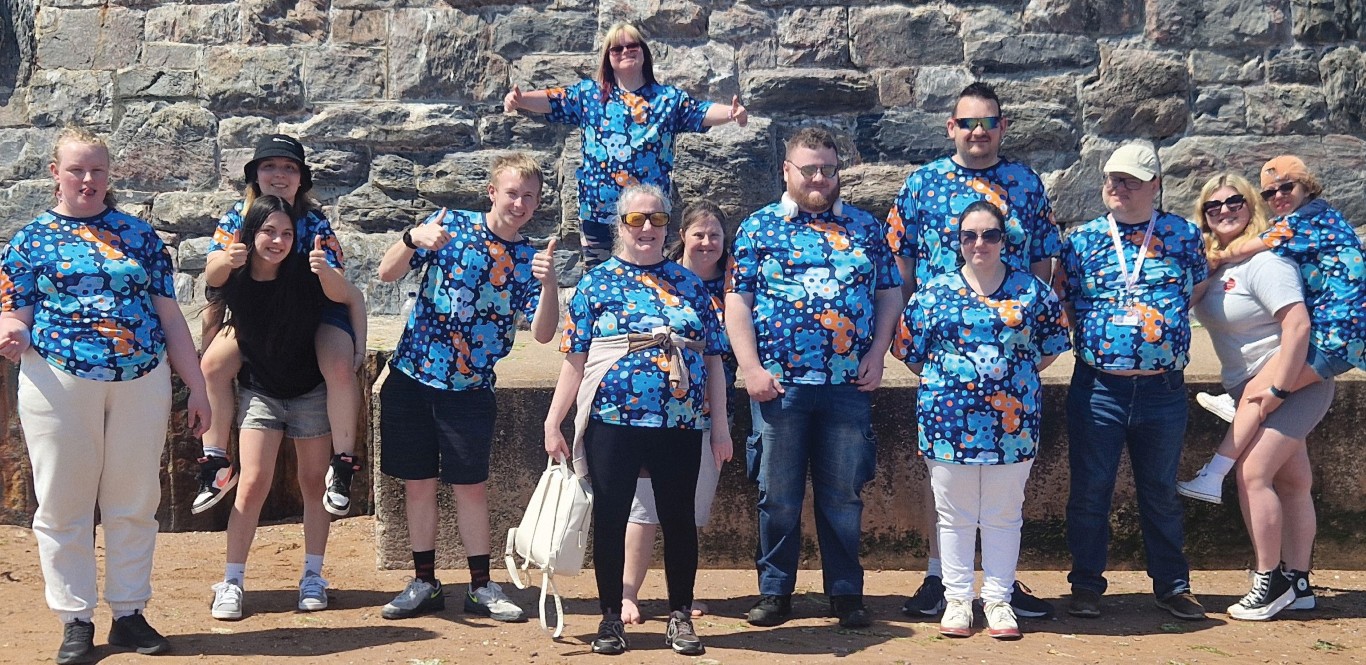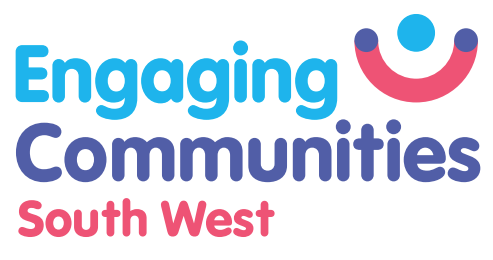New Report Highlights Need for more community cancer support in Torbay
09.01.2025

- A new report aimed at understanding more about local cancer care has found there is a lack of community-based cancer support services in Torbay, particularly peer-based in-person cancer support.
- In addition, the report highlights that a lack of accessible information and healthcare are issues for local learning disabled communities and communities for whom English is not a first language.
- Although the report contains positive feedback relating to medical treatment and support received at hospital, it also found that access to primary healthcare services such as GP Practices is an overarching issue affecting all Torbay communities and potentially affecting cancer diagnosis.
A two year Macmillan Torbay community engagement project we undertook has gained understanding about local health inequalities, barriers to cancer diagnosis and issues related to cancer by engaging with Torbay residents. The project was funded by Macmillan Cancer Support and led by us here at Engaging Communities South West, working in partnership with local community organisation Torbay Communities.
The project directly engaged with 385 local people. This included those affected by cancer in Torbay and additionally four specific target communities known to experience health inequalities: adults with a learning disability, LGBTQ+, ethnic minority groups (including the Ukrainian Refugee Community), and those living in a socio-economically deprived area.
To read the report in full, please click here.
Di Charlton, Macmillan Engagement Lead for Devon, Cornwall & Isles of Scilly said:
“We’re incredibly grateful to our local partners Engaging Communities South West and Torbay Communities. Such an insightful report wouldn’t have been possible without their skill and extensive local knowledge. Hearing directly from community members and those with lived experience about the challenges they face is incredibly powerful, and co-creating solutions alongside them is critical to ensuring that action taken is both meaningful and impactful.
We understand well the huge challenges facing our colleagues in healthcare, but we’re committed to continuing to work in partnership to consider and act wherever possible on the report’s recommendations, and to address the unacceptable inequalities in cancer care and support”
One of the report’s key recommendations is that there needs to be more cancer-focused community-based support, particularly in-person peer-based support. The report states that the local Voluntary, Community and Social Enterprise (VCSE) sector would be capable of facilitating a peer network if resources were made available.
One of the key aims of the project was for VCSE organisation Torbay Communities to co-design and co-produce some solutions to the issues raised through engagement with local communities. They worked with two groups – the Learning Disability (LD) Partnership Board Ambassadors and an LD group supported by Turning Heads CIC – to co-design ways to improve identifying and communicating signs and symptoms of cancer for the LD community. The co-designed resources are available to local community groups and include: accessible calendars and posters of the 12 most commonly diagnosed cancers in Torbay, a cancer signs and symptoms sheet and a simplified health check guide for GPs and healthcare professionals.
Dr Kevin Dixon, Chair of both Engaging Communities South West and Healthwatch in Devon, Plymouth and Torbay, said:
“The co-produced resources created through this project really are fantastic and I’m sure will be very useful to both our local learning disabled community and the healthcare professionals that support and care for them.”
“The report itself highlights some extremely important issues that we hope local healthcare leaders will make themselves aware of and take on board the recommendations. At a time when the NHS are seeking the views of the public as part of their new ten year plan, a report like this is invaluable to ensuring the voices of real local people are listened to by those in charge. It really could make a huge difference to improving local lives.”
Tracey Cabache, Director of Torbay Communities, said:
“The report is a reminder of the need for the statutory healthcare and VCSE sectors to keep finding ways to work together more closely to address local health needs… and of the value of codesign and peer working in developing stronger and more representative groups in our community.”
Although the report contains positive feedback relating to medical treatment and support received at hospital, both the target groups and wider public discussed issues with accessing GP services as a key barrier to getting a cancer diagnosis. Many said these issues – including with trying to get hold of their GP or using online systems – has resulted in them leaving a cancer symptom until it really concerned them or was deemed an emergency.
The report recommends a number of different ways of addressing these issues, particularly for those more likely to experience health inequalities. It has been shared with all local health networks and key stakeholders for consideration, including with local independent healthcare champions Healthwatch, a service we provide.
Healthwatch Torbay will ensure the experiences, views and ideas for improving the NHS contained within the report are used as part of the new NHS 10 year plan. They are supporting the NHS in Devon’s local engagement on the plan by offering people who are unable to submit their feedback online the chance to do it over the phone by calling free on 0800 520 0640. They will also be independently chairing a series of workshops on the NHS 10 year plan in person in January 2025. Visit www.onedevon.org.uk/get-involved/current-projects/nhs-10-year-plan/ for more details.

